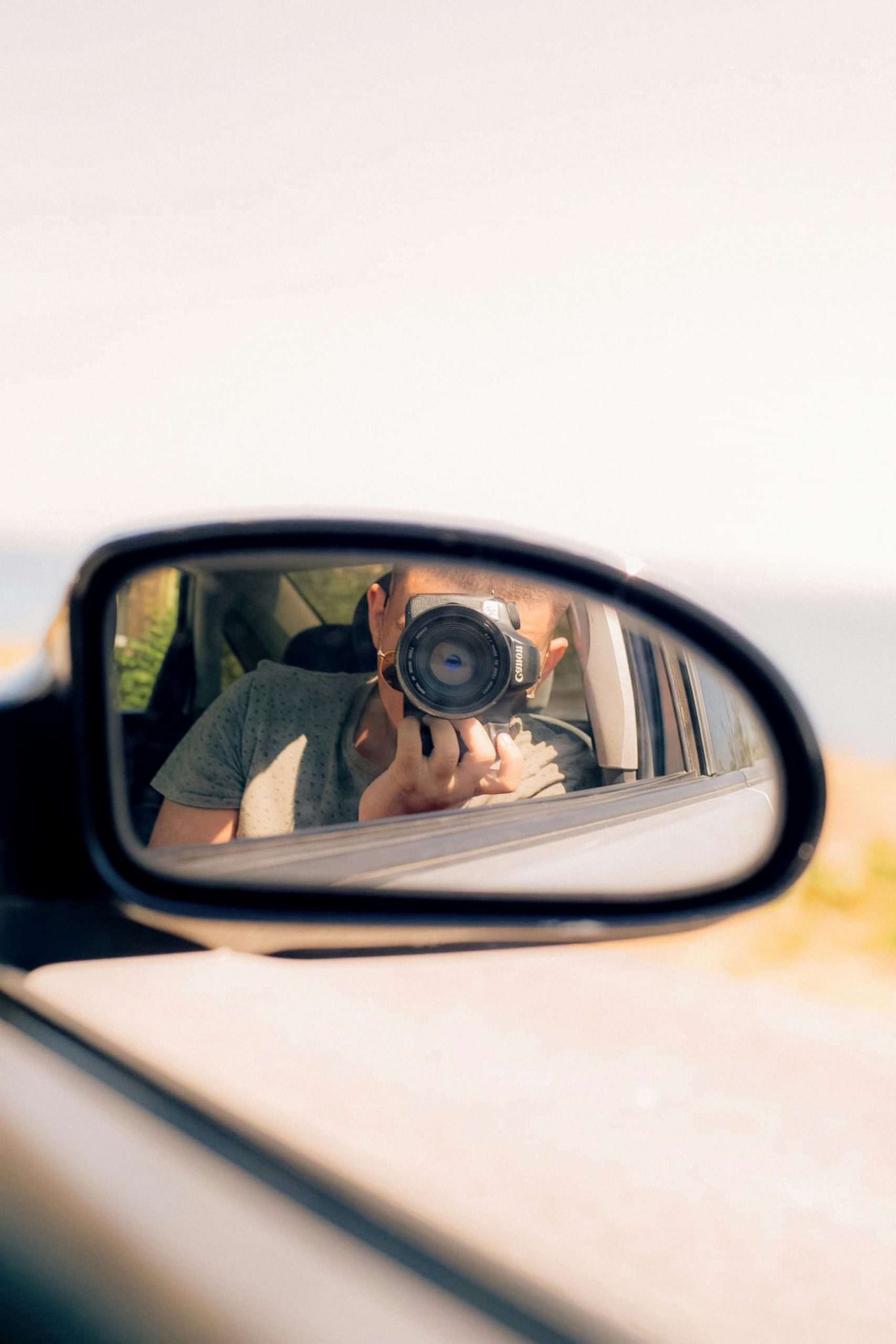Understanding Vehicle Accident Liability in a Personal Driveway: What Homeowners and Auto Policies Cover
If you’ve experienced a vehicle collision on your private property, you may be asking yourself: whose insurance should cover the damages? Recent incidents highlight the importance of understanding how auto and homeowners insurance policies interact in such situations, especially when the accident involves parked vehicles.
Scenario Overview
Consider a typical case: a single homeowner, currently engaged and living with their partner and her son, encounters a minor vehicle accident in the driveway. The owner’s 2017 Ford Expedition is parked, while the son’s project truck—a 1974 Ford F100—approaches. The truck, which is insured and licensed, is parked uphill from the Expedition. After the son exits the vehicle, it unexpectedly rolls backward, striking the parked SUV, resulting in noticeable damage.
Insurance and Liability Considerations
In this scenario, determining responsibility hinges on several factors:
- Was the vehicle properly secured?
- Did the driver take all reasonable precautions?
- Who was at fault for the unintended movement?
Typically, when a vehicle starts moving without intentional action, auto insurance is the primary coverage to handle property damage. Since the son’s truck was insured, his auto policy may cover the damages, especially if his insurance policy includes comprehensive or collision coverage.
Homeowners Insurance Role
Homeowners policies generally exclude coverage for damages caused by vehicles. However, some policies may have limited coverage or may provide coverage if the vehicle damage results from specific circumstances. It’s essential to review your homeowner’s policy details to understand potential coverage. Most often, damages caused by parked vehicles are not included unless the vehicle was considered an “improvement” or “attached structure,” which is unlikely in this case.
Filing Procedures and Implications
When an incident occurs, prompt documentation is crucial. Video recordings, photos, and witness statements can support your claims. Usually, the involved parties should file claims with their respective insurers:
- The vehicle owner’s auto insurance should address fixable damages.
- The homeowner’s insurance might be consulted if damage extends beyond the vehicle or affects property.
It’s important to communicate openly with your insurer and provide all relevant evidence to facilitate a smooth claims process.
Financial and Policy Considerations
For vehicle owners, especially those with a history of at-fault incidents, insurance premiums might be affected by claims and violations. Since this is the third at-fault incident for the son since age 16—two in the current year—it’s worth considering



